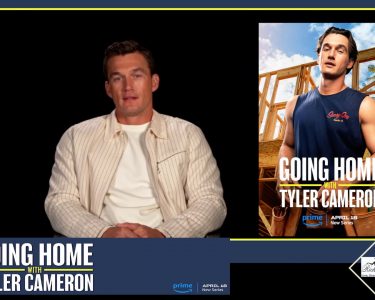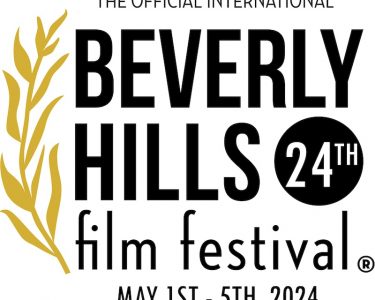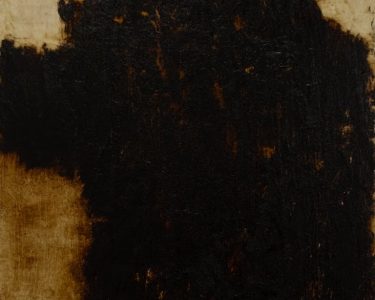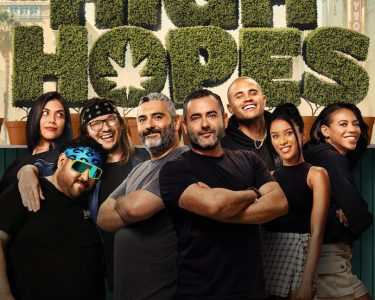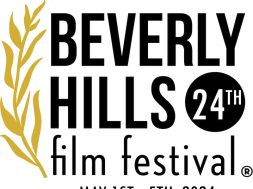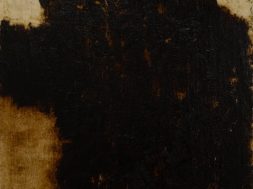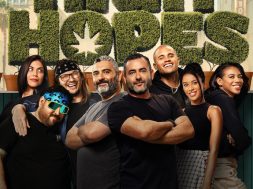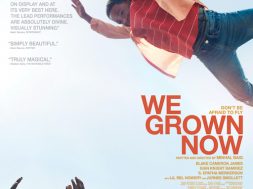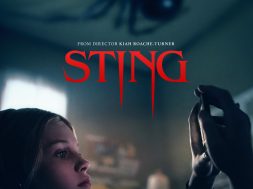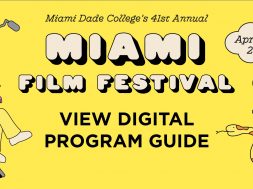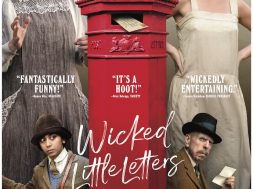REVRY ORIGINAL COMEDY FROM NEW ZEALAND “LIFE IS EASY”
Reviewed by Me’Chele Sevanesian: Everyone can be a sucker for a good friendship story. I think they add hope to what can be a very bleak present because while family is such an amazing thing to have, close friends seem almost more needed at times.
Friendships are bonds we build ourselves, moments with someone else that we have to force ourselves to be vulnerable. In the show, Life Is Easy written by Chye-Ling Huang and Cole Jenkins is one of those feel-good friendship shows for the more rated R parts of your life. The two writers are also the main characters Jamie-Li and Curtis (lol).

Based in New Zealand in 2019 the two best pals explore life in their 20s together and share a birthday and a love for men. However, after a full moon and some wacky spell, they wake up in each other’s bodies. I watched the first season and laughed a whole bunch and honestly really enjoyed a lot of it. For me personally, the over sexuality by both characters and slight vulgarity wasn’t my cup of tea? for lack of a better phrase. I believe that the message of living in someone else’s shoes is a really good message that can’t be said enough but the writers had a really good opportunity to create such a great dynamic duo, which they did for the most part. For me, the funniest part is when they realize they’re in each other’s bodies and they’re talking to Siri trying to figure out what to do with their current situation. Additionally, Curtis was hilarious in all of his quirky things.
As far as acting there was a little too much overacting for my taste, I thought that Curtis being gay was already established but making him act “overly” gay was in my opinion was poor taste. Also, Jamie-Li has this badass attitude which also could’ve been put across without her being all Stone Cold Steve Austin about everything. The set design was great, they looked like they were the perfect Liberal, Urban Outfitter models who would grow up and buy from Restoration Hardware.
Additionally, the establishing shots and character introductions were well-paced, I felt like I got to know each character separately as they were slowly introduced. The cinematography, pacing, and writing (especially the focus on sexuality) reminded me of Sex Education. I give the show a solid 7/10, I would recommend it but I wouldn’t binge watch it or rewatch it 6 times like One Tree Hill.
WATCH ON REVRY
Creators Comments

HYE-LING HUANG – Writer / Actress/ As a queer Chinese-Pakeha woman, narratives for us are often non-existent, stereotyped, and boringly woke. I for one have an extensive backlog of shame from early Facebook posts. LIE lets our POC and queer characters be fun, hot, and dumb–and the center of their own learning.
With conversations around the D-word (diversity) tending to cancel those still figuring it out, we thought it was a fun idea to take the onus off marginalized characters to be guides or heroes for teachable moments. There’s a freedom to watching JL and Curt enact problematic behaviors that often come from places of internalized biases, which is such a hurdle when you’re marginalized – but one we rarely see. Just how I like my men, it’s fun, hot, and dumb, it was important to create POC and queer characters with active, positive sex lives and write experiences not based on trauma. LIFE IS EASY is a hot, often cringey mess. I’m proud of the way it was made, with all roles, top-down, to be inclusive with a positive bias toward Queer, POC, and female people. We proved in the crewing and casting of this project that it can be done.
COLE JENKINS – Writer / Actor /LIE engages in conversations around toxic masculinity, femininity in men, sexual expression, white privilege, and the QPOC (Queer Person of Colour) experience in a way that isn’t accusatory, or super earnest and serious. It’s fun! And a lot of it is based on real experiences and, dare I say, fantasies
Life Is Easy (LIE) has been a fun and sometimes confronting exploration of my experience–or inexperience–as a gay-identifying, Pākehā male in New Zealand. By comparison, my queer experience has been fairly easy, but that didn’t mean that it was okay for me to become complacent; I put in the work. The leading characters in LIE have not done the mahi (work); in fact, they’ve actively avoided it, which makes them a great vessel for exploring the disparity in gender, race, and sexuality that many people don’t see, or choose not to see. Queer representation in New Zealand media, although it is present, isn’t particularly diverse. You will often see queer characters (particularly white ones) who are too woke for their own good, or problematic trash-monsters who are unwilling to learn. The characters in LIE are flawed – profoundly – and showing them having to learn and grow from their inherent prejudices, biases, and learned behavior gives more hope to a community that needs to heal itself from the inside first in order to better the society it lives in as a whole.
What are some themes that LIE covers that are close to home for you?
Cole: Homophobia, misogyny, racism, internalized-homophobia, toxic masculinity, sexual harassment – to name a few!
Chye-Ling: Diaspora identity, imposter syndrome, sexuality, and relationship structure.

